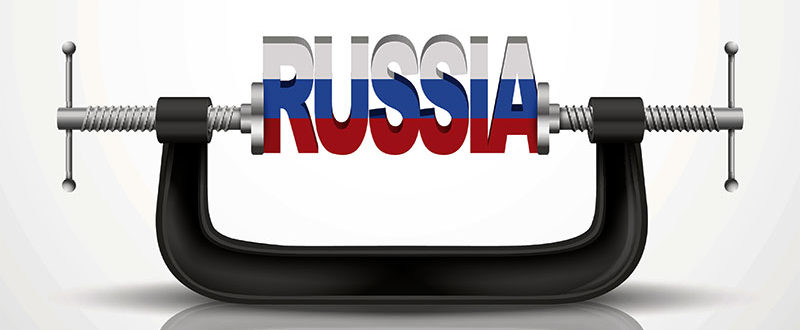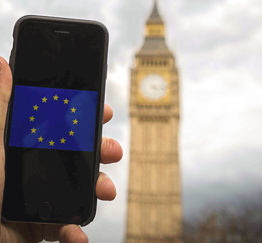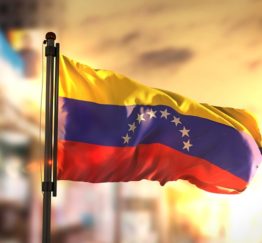Since the Russian annexation of Crimea earlier this year, the United States has imposed several OFAC sanctions targeting a few dozen Russian individuals, companies and banks.
But this past weekend’s downing of a Ukrainian military transport plane – killing all 40 service members and nine crew – has led to new Ukrainian president Petro Poroshenko putting pressure on the West to mandate even more economic sanctions, and quickly.
From a compliance standpoint, American companies have been coping with sanctions by ensuring their products and technology are correctly classified (according to ECCN and ITAR rules), and taking care that their OFAC lists are up to date to avoid transactions with sanctioned parties. But export compliance processes aside, a growing list of American companies are feeling the pain of sanctions directly in the pocketbook, and are quietly questioning whether or not we should be enacting any more at all.
According to USA Today, American companies do about $40 billion worth of business annually with Russia, viewing it as a “growth market.” But that growth has noticeably stalled as of late. Take fast-food giant McDonald’s. Operating more than 400 stores in Russia, about 9% of its revenue comes from its Russian restaurants. McDonald’s recently closed three of its Crimean locations. Blaming “the suspension of necessary financial and banking services,” the chain says they’re looking forward to re-opening and “welcoming back (their loyal) customers.” The question, though, is whether or not the damage is irreparable. The closures have been viewed by some influential Russians as a snub – a punishment for the Crimean takeover. The deputy speaker of the Russian parliament recently called for protests to drive all McDonald’s restaurants out of the country. The reduced evening hours in some previously thriving Russian locations seem to suggest that the idea of boycotting Ronald McDonald and company could be catching on. And the consumer backlash wouldn’t necessarily end there. Some economists are speculating that all kinds of U.S. brands could be spurned by Russian consumers. “The bitter aftertaste of the sanctions”, notes Trinity College Dublin professor Constantin Gurdgiev, “is going to stay in popular minds for a long time.”
Then there’s John Deere, which has two of its farm equipment factories in Russia. Company shares are down 2.2% and the organization predicts a significant drop in sales of tractors and harvesters in Russia and the Ukraine due to credit restrictions. Centuries-old chemical company DuPont, referring to its agriculture division, also noted Ukrainian customers are struggling to acquire credit and this quarter’s seed sales are “below expectations” as a result. The credit woes can be traced to sanctions against certain Russian banks, for which both Visa and MasterCard have ceased providing services. Patrons of these banks are now left in the lurch when it comes to making credit card purchases, and the American companies that would have welcomed their business are watching revenue growth slow with each passing week (Visa alone has 100 million cards in Russia).
The loss of life in the Ukrainian aircraft attack is indeed a tragedy. But the response to it must be carefully measured. As American companies endure consistent hits to their bottom line, isn’t it time to consider whether or not export sanctions are worth it – now and in the long-term? As long as U.S. businesses with a presence in Russia are being affected, it’s a consideration that cannot be ignored.





